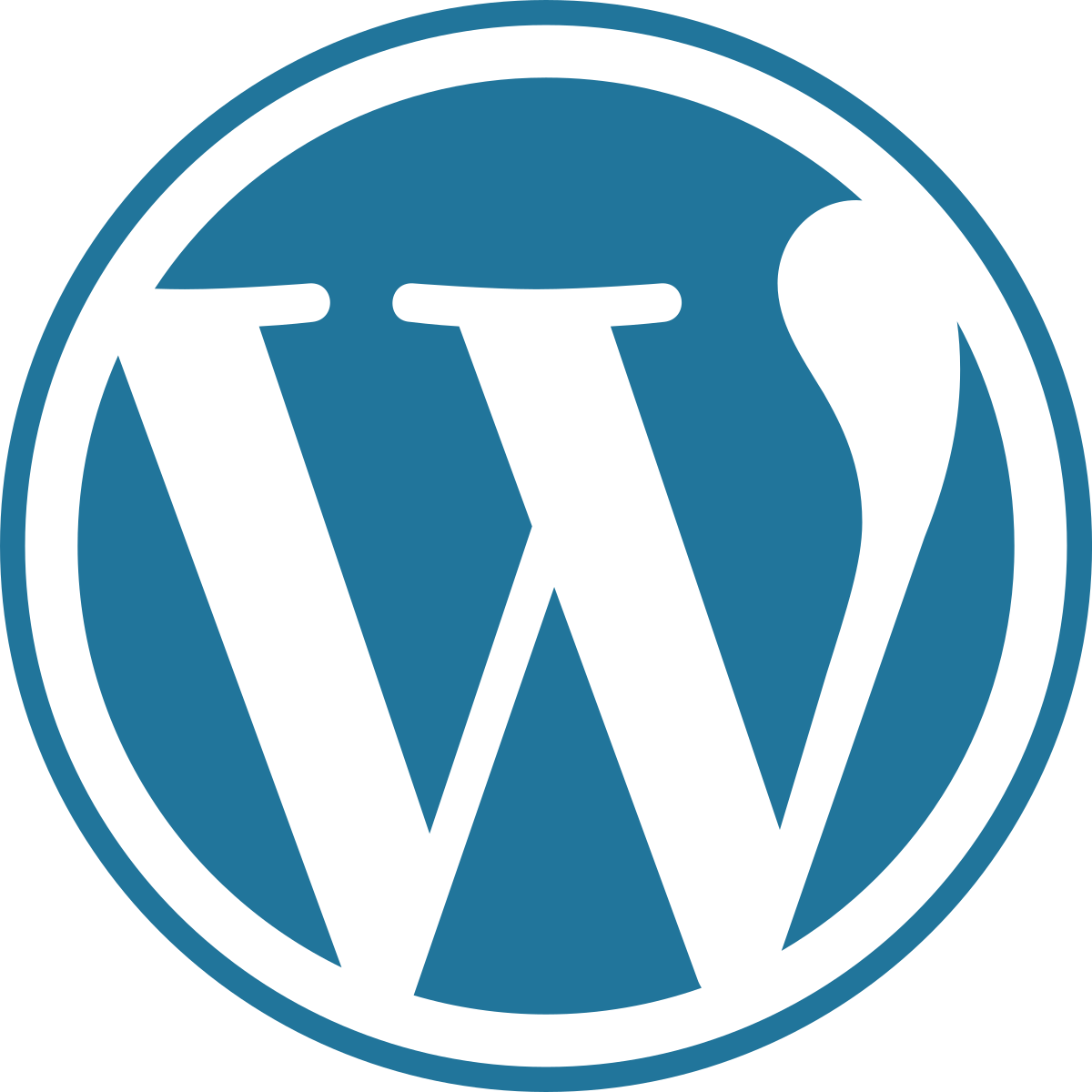If you are looking to create a website, or have one already for that matter, the chances are that you are using 
As much as WordPress is the choice for millions and millions of people worldwide, including myself for my content mill business, it does not mean it is by all means ‘perfect’. In actual fact, there are a lot of things wrong with WordPress. From using the CMS for several years, here are the main drawbacks to it.
PHP Coding to Customize
When I first started blogging, I used Blogger and got to grips with HTML very easily. Being an engineer that has learned Phyton and MATLAB coding, I found HTML to be very straight forward language to learn to enable me to customize my website the way I wanted it to look.
When I moved to WordPress, I severely struggled with php. The language seemed more alien and did not make sense out all (sometimes, it still doesn’t)! This resulted in long hours to try and learn the ‘jist’ of php, whilst also spending money getting a well designed theme without the need for tweaks.
Easy to Get Malware
WordPress has an open-source platform which allows you to install all sorts of plugins to your website, to give it additional features. This does mean there are plugins out there that can act as a security defender, protecting your website from attacks and malware.
However, even with such protection, it is still easy to get infected with all sorts of problems. Hackers are able to upload files far too easily for my liking, still. If you are to use WordPress, to counter this, you are probably going to want to purchase the best security plugin to put your mind at ease/
Website Speed
As you install more and more plugins and add more and more code, the speed at which your website loads will continue to increase – this seems to happen more with WordPress than other CMS. I can imagine the reason for this is that some plugins have not been optimized for efficient loading times, since it is an open-source platform.
There is also the problem that some plugins, when installed, can interrupt other plugins and themes of the website from properly working. All in all, this can sometimes mean a lot of time is spent debugging your plugins and website, as a whole, trying to find out just exactly what is causing the website to be sluggish, in terms of loading speed.
Although these are the negative points to WordPress, I would still recommend using the CMS if you are looking to create a website. There are lots of benefits to WordPress that makes it popular worldwide. However, like everything, WordPress is not perfect and has its flaws.




